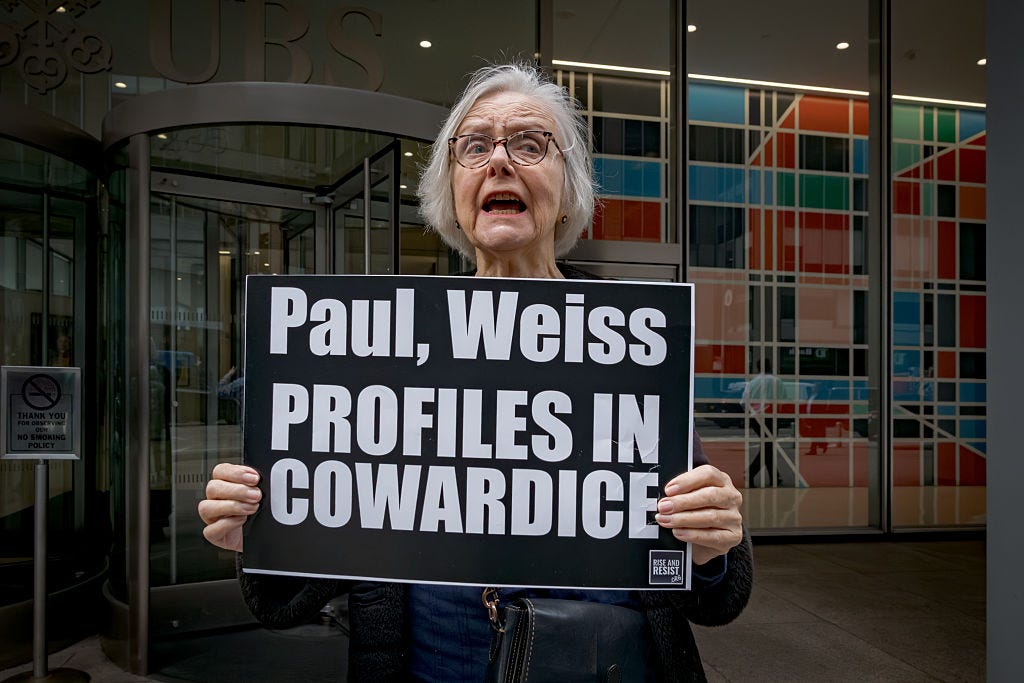Trump vs. Big Law
A former attorney explains why some firms are capitulating to the president while others are fighting back
Since February, Donald Trump has been issuing a series of executive orders targeting the biggest law firms in the country. In response, some firms — including Paul, Weiss; Kirkland and Ellis; and others — have capitulated to the president, striking deals to provide free legal services to his favored causes. Other firms decided to fight back, suing Trump…







